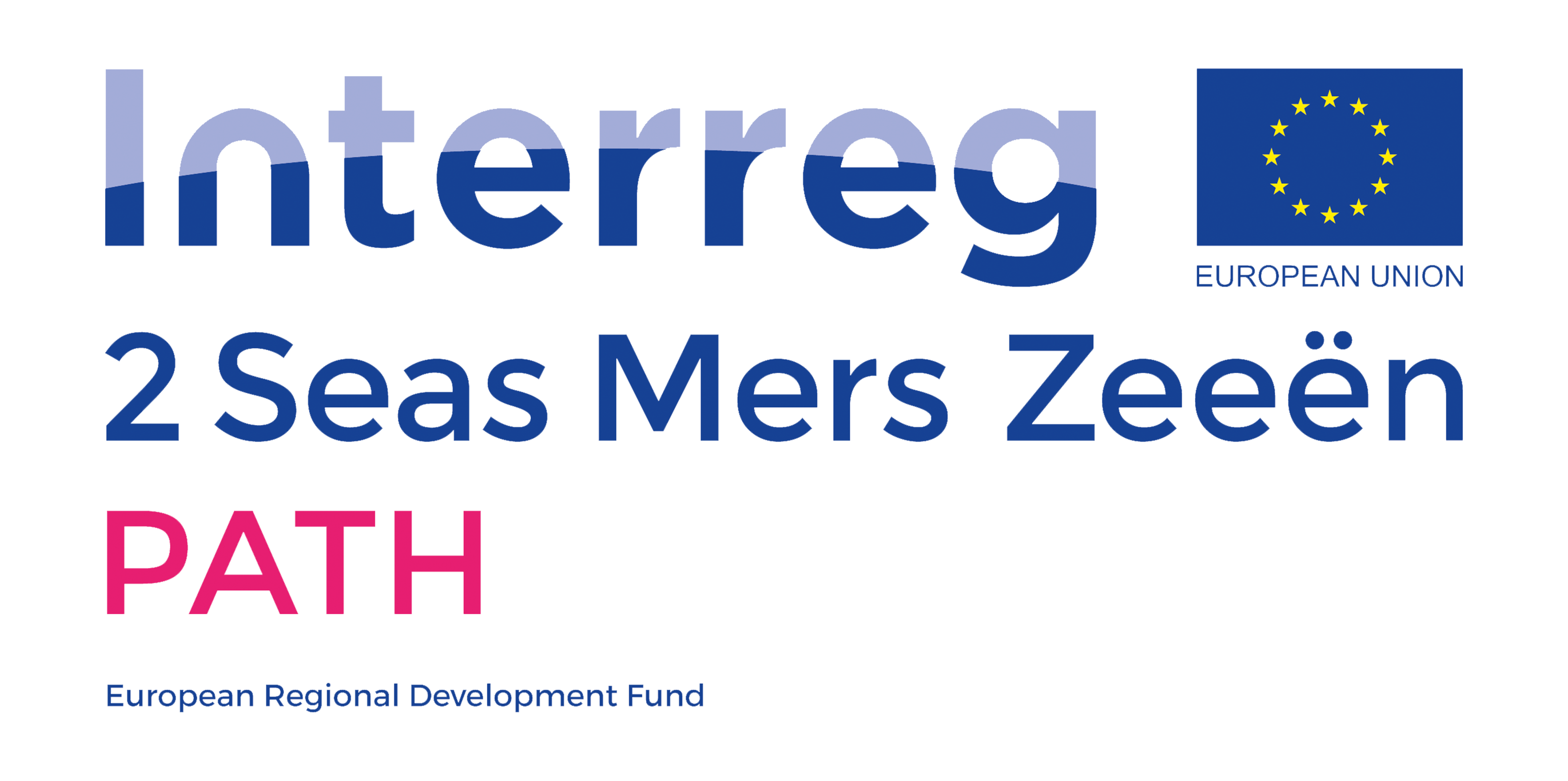
© 2021 Copyright: Bournemouth University
If you are worried about someone checking up on what you have read online you can to look at this guide by Women’s Aid on how to cover your tracks online.
Women’s Aid are one of the leading national organisations who support women and men living with domestic abuse, the list below covers the different forms of domestic abuse, however abuse may not be limited to all that the list below covers.
If you are unhappy in your relationship take this quiz by Women’s Aid.
The Women’s Aid Survivors Handbook is an essential guide to every aspect of seeking support.
Remember your GP, midwife and health visitor are there to help and support you, and keep you and your children or unborn baby safe.
Never be afraid to ask for or seek help.
Living with an abusive partner takes its toll on everyone including your unborn baby or children. As a parent you try to shield them from what is happening, but children, and even very young children are also affected even if they do not see the abuse, they hear it and pick up the atmosphere at home.
It is important to talk with your children about what is happening as this can help them feel less angry, powerless, and confused. Ask them how they are feeling, listen and acknowledge how they feel and let them know this is not their fault. Women’s Aid have a guide on how you can help your children.
There are lots of useful national organisations that provide helplines, help and support below is a list of the main ones. Your GP, midwife and health visitor will also be aware of the local ones.
In an emergency, call 999 the Police will always help you.
Ask for ANI scheme was set up in Jan 2021 as a discreet way to allow those in an abusive relationship ask for help and support through their local chemist. By asking for ANI, a trained pharmacy worker will offer a private space where they can understand if the victim needs to speak to the police or would like help to access support services such as a national or local domestic abuse helplines
Making a silent call to ask for help -You call 999 and if you are unable to talk for fear of being overheard, press 55 and your call will be transferred to your local police department as an emergency.
Women’s Aid
Women’s Aid local services can offer help to men too.
Karma Nirvana
Anyone can call Karma Nirvana on 0800 5999 247 (Monday to Friday 9am to 5pm) for forced marriage and honour crimes. You can also call 020 7008 0151 to speak to the GOV.UK Forced Marriage Unit
Refuge
The freephone, 24-hour National Domestic Abuse Helpline 0808 2000 247 for men and women
Men’s Advice Line
Call on 0808 8010 327 (Monday and Wednesday, 9am to 8pm, and Tuesday, Thursday and Friday, 9am to 5pm) for non-judgemental information and support
Mankind
Call on 0182 3334 244 (Monday to Friday, 10am to 4pm)
Galop
If you are LGBTQ+ you can call Galop on 0800 999 5428 for emotional and practical support